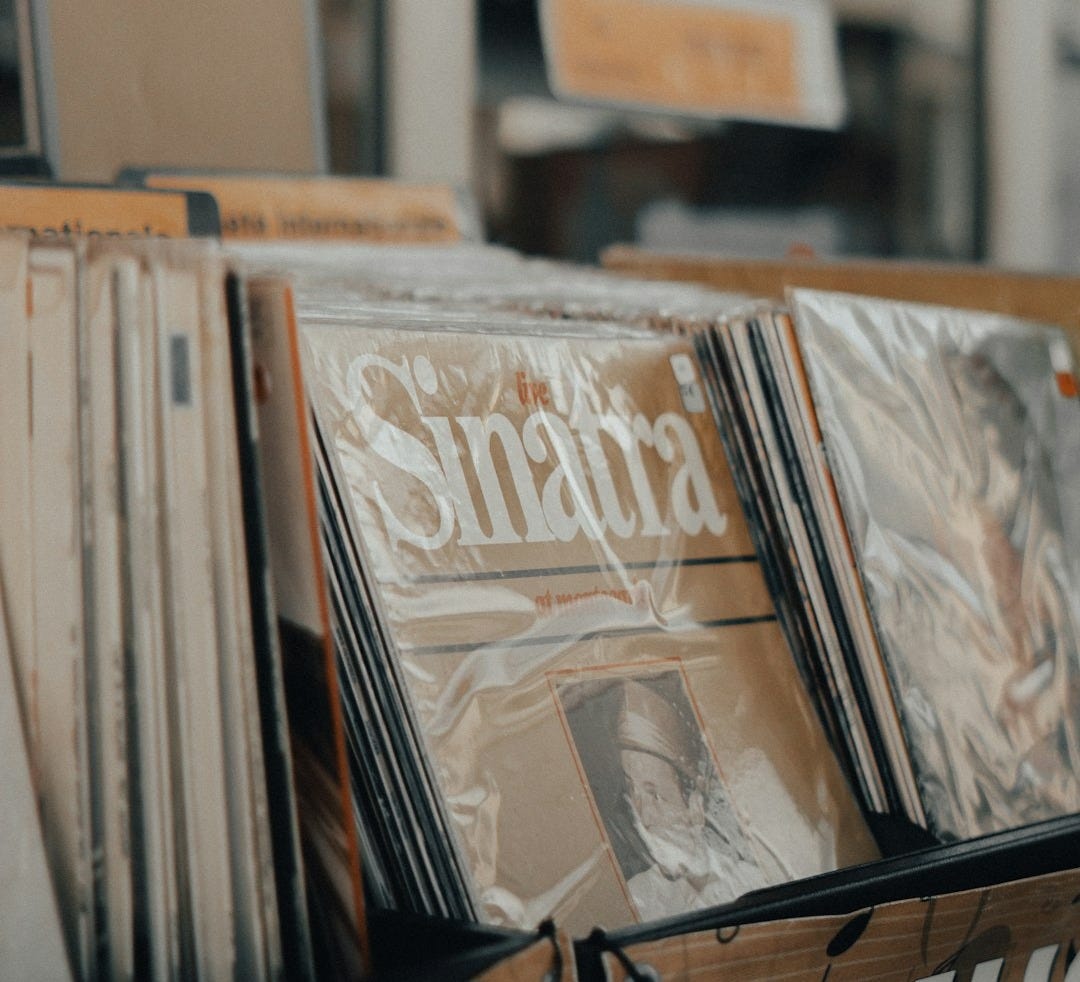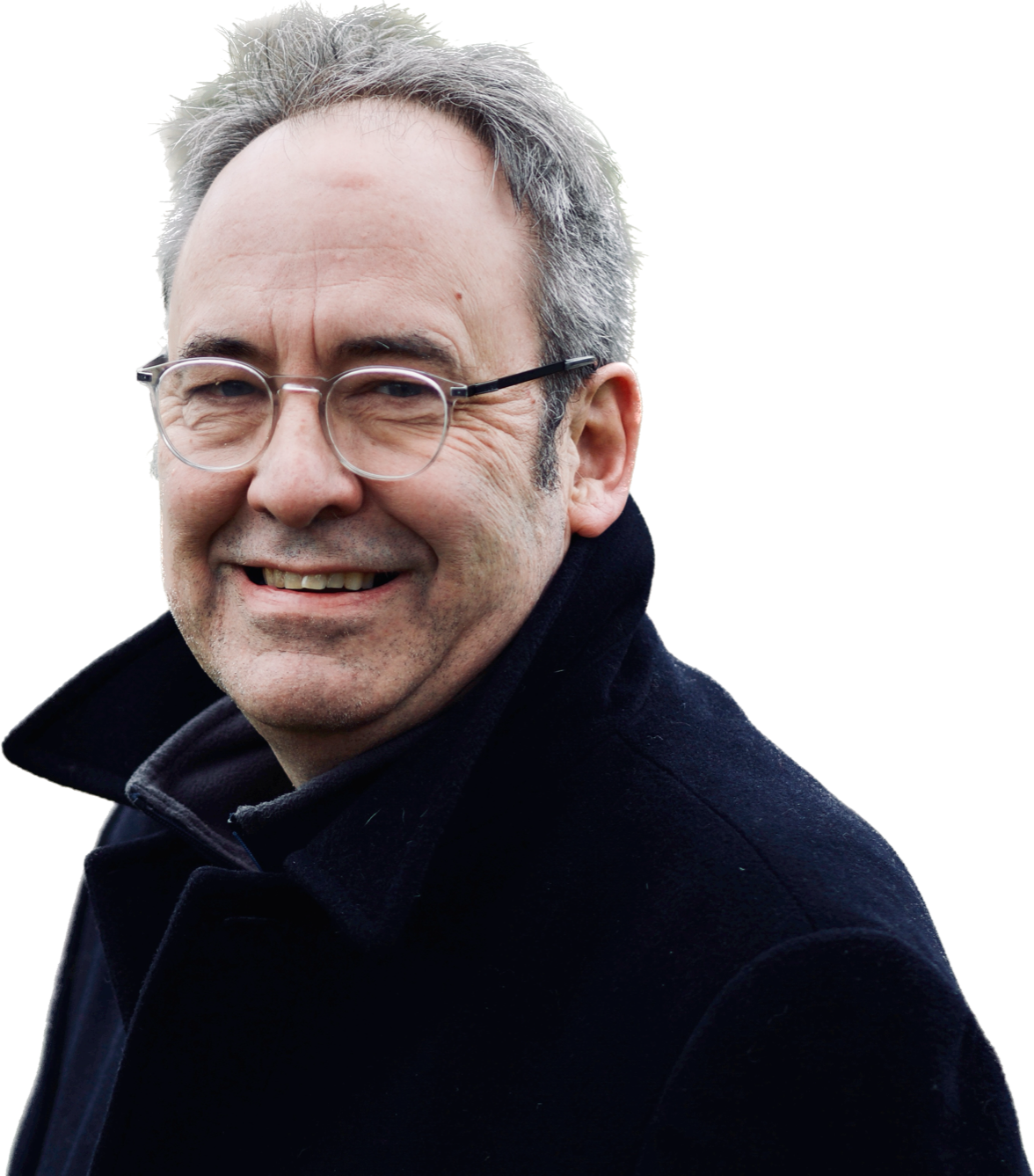Do I contradict myself?
Very well then I contradict myself,
(I am large, I contain multitudes.)
Walt Whitman: Song of Myself 51
A humanist funeral in Christmas week, and we are singing hymns and praying.
Not capital H Humanist, approved by the official societies of stern secularism. We humans are gathered and grieving, and I’m talking about how many of us grew up with the kirk or gospel hall or chapel, with prayers and hymns to mark the passing of seasons, the passage of time, the passing away of people. And how these still have power and meaning and beauty, reassurance and comfort, even when the Sunday School certainties of belief have passed too.
I am a life member of the Humanist Society of Scotland, but that was probably a mistake, a decision taken in the white heat of my Dawkins/Hitchins/Pullman period. I certainly do not agree with some of the HSS’s stances, notably on assisted dying. I’ve just never got round to resigning from that branch of a severely secular belief system, the Antikirk.
More recently I have been and remain a member of Celebrate People, through which excellent and friendly organisation ( I’d call it the liberal wing of humanism) I am officially approved (by the Scottish Government) to marry people. Legally. Two couples so far and they were joyous occasions.

One in the couple’s house (they’d been together for just 40 years), one in a cliff top café. A beach wedding is booked for next year.
But funerals can be conducted by anyone.
Though as I said at the start, some Big H Humanist groups get very antsy about any form of Christian religious expression in a service. Which I always find odd, seeing as all kinds of weird and wonderful pagan, pre-Christian, Celtic and generally groovy irreligious religion is everywhere in H(h)umanist weddings, from handfasting and mountain/nature worship to quaich-sipping, sword-swopping and vaguely Tolkienesque white magic rituals. Even the occasional sneaky angel or secularised elf.

So why not, as humanists, just accept the glories and delights of Christian tradition as another aspect of human existence that we can use in our celebrations or grief? Must we deny over two thousand years of some of the world’s greatest poetry, art, music and thought, just because God and Jesus get a mention?
The problem, as I see it, is that Big H for Hefty Humanism is really just an expression of the values of Western Christianity (be kind, be nice, be just) without the embarrassing supernatural stuff. And ostensibly lacking the elements of rigidity, domination, power and control you get in monolithic church structures, although frankly the Big H can be dictatorial and oppressive too, even without witchfinder robes and collars, smells, bells and hells.
Yet it’s possible to argue that the story of Christmas, the advent of The Divine as a human baby, is really about how humanism was born. How the morality, the values in the story of Christ - identical with what we would call humanist values: love for ones neighbour, forgiveness, sacrifice, peacemaking - are expressed not in the intervention of an all- thunderbolt-blazing Sky God, but in the actions of a human being. Christmas is saying, actually it’s all in your hands.

The rest - the supernatural elements, the miracles, the magic - is symbol and story. And what a beautiful, colourful memorable, story it is. The Word become flesh. And perfectly faulty.
The theologian Jen’s Zimmerman’s concept of incarnational humanism is a sort of evangelical Christian version of this, though he would have Christianity subsuming humanism, not the other way around. And coming at it from the other direction, spiritual humanism adds the bells, bagpipes and whistles of alternative faiths to the bedrock of kindness, community and care we find at the root of both humanism and Christianity.
Humanism with added wonder. And yoga classes.

Call it having your cake and eating it if you want. I will continue to dip with delight into my King James Version, recite the wisdom of the three Johns (Donne, Cooper Clarke and Cash), and sing ‘In the Bleak Midwinter’ and Nick Cave’s ‘Into My Arms’ with a shiver and a smile. I will quote Seneca, Sinatra and that other John, the Saint. As a wise friend of mine said the other day: “In the end, we’re all agnostics. It’s all we can be.”
To quote (American novelist) Marilynne Robinson, ‘all I know is that this is not nothing.’
Hey. We’re only human.
And the word was made flesh and dwelt among us.
The story became human, ours to tell. And we tell it, live it as best we can
I’ll keep the path open, the path in my mind
I’ll see to it that there’s no love left behind…
I’m a man of contradictions
I’m a man of many moods
I contain multitudes
Bob Dylan: I Contain Multitudes
Merry Christmas. Fancy a bit of singing, Bob? How about a few bars of ‘Come All Ye Unfaithful?’
*Editors Note* Just a quick note to say thank you to our readers and contributors who have helped our Substack grow. We appreciate every writer, reader, share and follow as we aim to shine a light on what it means to be a Celebrant with Celebrate People. We’d like to extend our very best wishes for a joyful holiday season and we will be back in 2025!






I think you make a very good point about the way that Humanist ceremonies are happy to incorporate elements from paganism Buddhism and other belief systems but not Christianity and I have a side light to shed on that.
Some years ago, the former archbishop of Edinburgh, Richard Holloway, launched a new book called, a short history of religion. I went along to the launch and I asked him why he thought that Humanism In Scotland was so anti-religious.
I pointed out that in England and Wales, Humanists were perfectly happy to allow religious content in their funeral ceremonies if it reflected the life of the deceased, but in Scotland that was not the case.
He replied that every new system of belief comes into existence in opposition to the dominant belief system of its place and time.
Humanism in England was up against the Church of England which is pretty easy-going, whereas in Scotland humanism came into being in opposition to Calvinism and Scottish Catholicism, which are more dogmatic, forbidding and prescriptive.
That explains a great deal and I agree with him but it doesn’t mean that humanism can’t change. In fact, I believe it can and should.